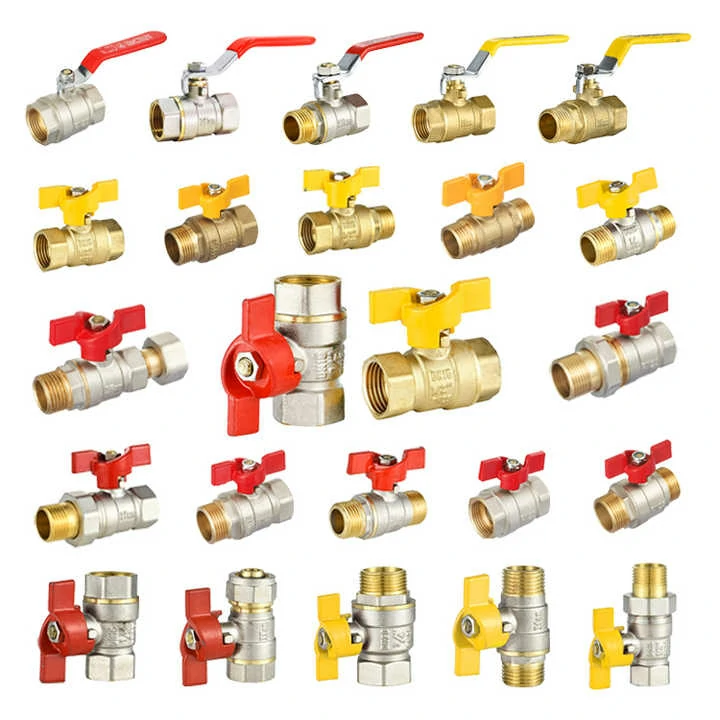Understanding Brass Ball Valve Orientation
Brass ball valves feature specific flow direction requirements for optimal performance. Most models indicate proper orientation with flow arrows cast into the body. The valve’s internal mechanism works most efficiently when installed correctly. Incorrect installation may reduce sealing effectiveness and lifespan. Always verify manufacturer specifications before installation.
Standard Flow Direction Guidelines
Most brass ball valves follow simple installation rules:
- Flow should enter the valve body first
- The handle typically indicates open/closed positions
- Threaded ends require proper sealing technique
- Union-style valves need correct nut orientation
These principles apply to residential and commercial applications. Specialized valves may have unique requirements.
Horizontal vs Vertical Installation
Horizontal installations represent the most common brass ball valve orientation. Vertical installations require special consideration:
- Ensure the handle won’t interfere with adjacent components
- Verify the valve supports its own weight
- Check for potential water hammer effects
- Confirm drainage won’t accumulate in the valve body
Threaded Connection Considerations
Proper threading technique ensures leak-free operation:
- Use thread sealant or Teflon tape appropriately
- Avoid overtightening brass fittings
- Hand-tighten before final wrench adjustment
- Align components before making final connections
These practices prevent common installation errors.

Soldered Connection Best Practices
For sweat-type brass ball valves:
- Clean all surfaces thoroughly before soldering
- Use lead-free solder for potable water systems
- Protect internal components from heat damage
- Allow proper cooling time before pressurizing
Special Applications and Exceptions
Some situations require modified installation:
- High-pressure systems may need reinforced supports
- Steam applications often require specific orientations
- Chemical processing might dictate special materials
- Potable water systems have strict code requirements
Common Installation Mistakes
Avoid these frequent errors:
- Installing backwards against flow arrows
- Using incompatible pipe materials
- Neglecting proper support spacing
- Overlooking local plumbing codes
- Failing to test before final use
Maintenance and Operation Tips
Proper installation ensures long-term performance:
- Exercise valves periodically to prevent sticking
- Check for leaks after temperature changes
- Lubricate handles if they become stiff
- Replace washers when maintenance occurs
Following these guidelines maximizes brass ball valve functionality and lifespan. Always consult manufacturer documentation for specific product requirements. Proper installation prevents future system issues and maintains optimal flow control.

